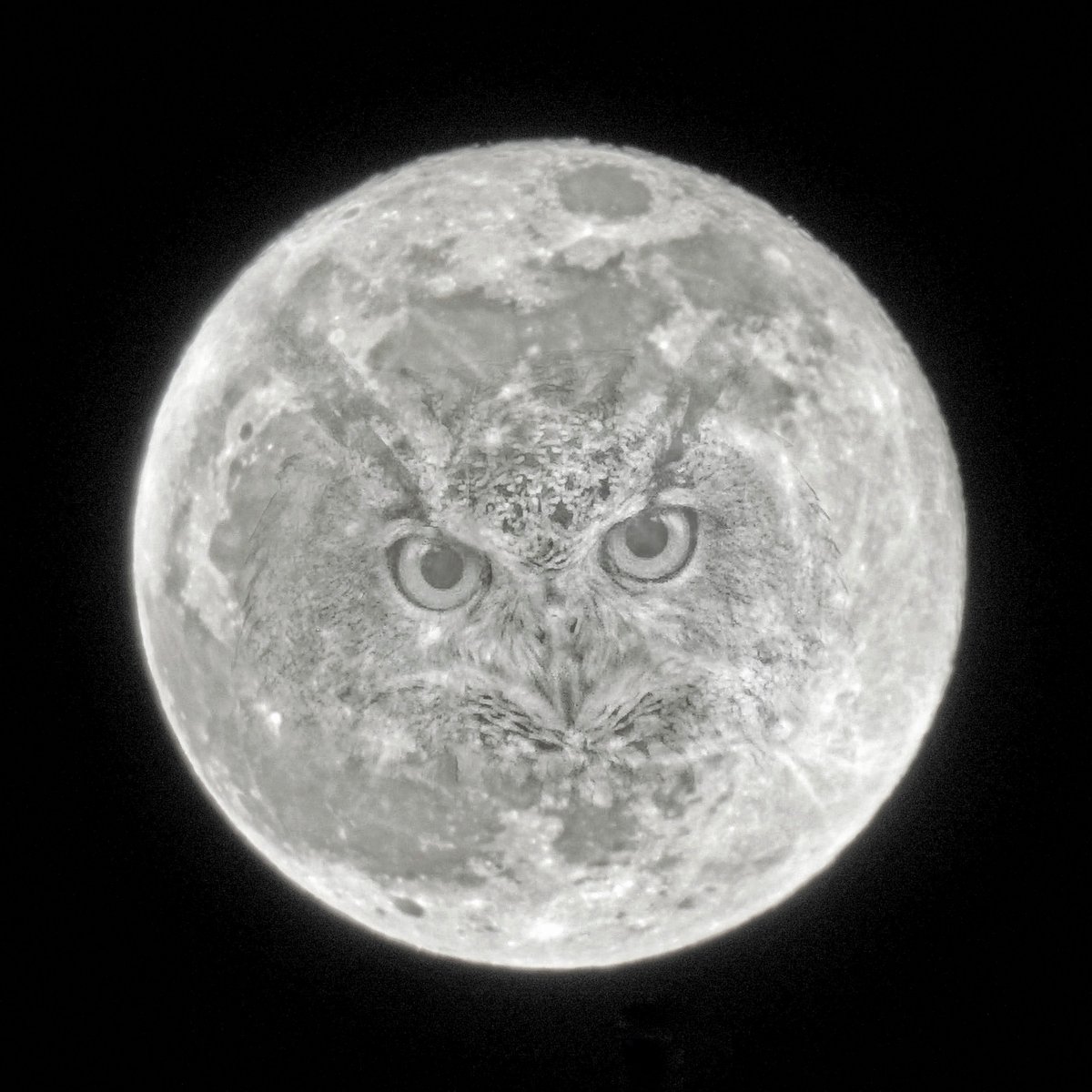Solar eclipse could scramble bird behavior [View all]
On April 8, the shadow of a total solar eclipse will race across North America. At the same time, researchers from the Cornell Lab of Ornithology and partners will be hurrying to measure the impact of daytime darkness on the movements of birds, bats and insects – flying creatures that are very attuned to changes in light levels.
Spring migration is underway right now and with most birds flying at night, a solar eclipse could heavily impact them.
Researchers will measure airborne activity using U.S. weather radar stations in the path of the eclipse, stretching from Mexico to Texas to Maine. Signals from weather events, such as rain, are removed from the radar images, leaving only biological data –birds, insects and bats. The team will measure movements during the height of the eclipse when the moon is directly between the Earth and the sun, otherwise known as the “totality.” They’ll measure again at sunset for comparison. According to NASA, most locations along the path of totality will be in darkness for 3.5 to four minutes, up to 4.5 minutes in Mexico – not a lot of time to collect data. The researchers are building upon findings from a similar study done during the August 2017 total eclipse.
“There are 13 radar stations along the route this time compared to eight during the 2017 event. There will be more birds on the move, seriously motivated to get to their breeding grounds. In theory, if there’s any significant change in their behavior because of unexpected darkness and the accompanying drop in temperatures, we’re much more likely to see it during this event.”
Another difference: better and faster technology. In 2018, the launch of BirdCast introduced three-day migration predictions of the location and intensity of bird migration. These forecasts are generated from the Cornell Lab of Ornithology and Colorado State University. BirdCast’s Migration Dashboard tool even allows users to track the number of birds migrating at night through their region, right down to the county level.
https://news.cornell.edu/stories/2024/03/solar-eclipse-could-scramble-bird-behavior

'Flaco Moon'
